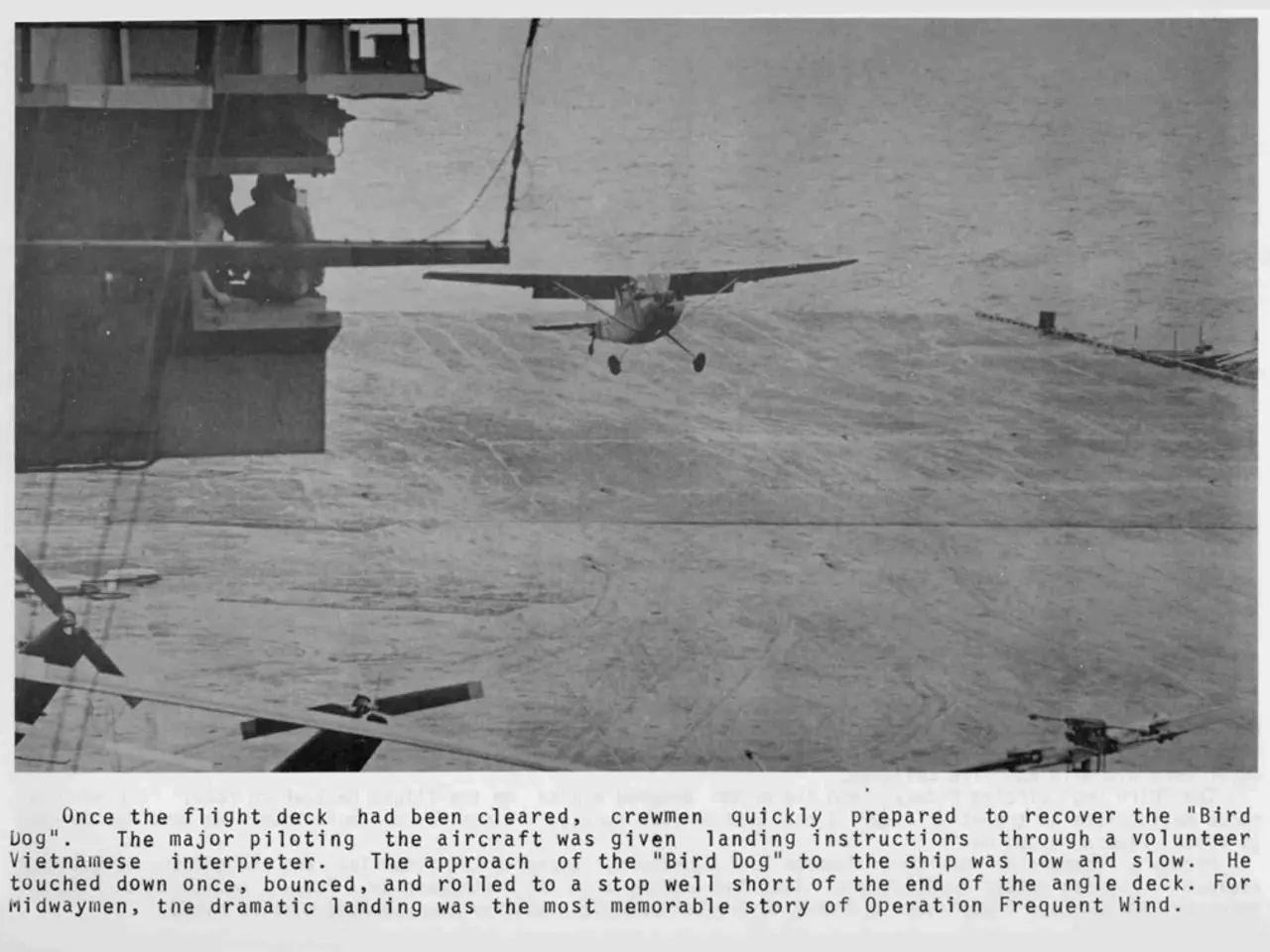Designated as Child-safe: Sustainable Aviation Fuel
Airbus Foundation's Discovery Space Introduces Sustainable Aviation Fuel
The Airbus Foundation's Discovery Space program has been helping educators and parents explore MINT (Maths, Science, Engineering, and Technology) topics since 2018. In its latest episode, "Flying to a Sustainable Future", the program introduces Sustainable Aviation Fuel (SAF) as a child-friendly alternative fuel for reducing CO2 emissions from aircraft and helicopters throughout their lifecycle.
The episode, aimed at children aged 8 to 12, explains how SAF can help reduce aviation's carbon footprint. Rachel Schroeder, Managing Director of the Airbus Foundation, states that the content aims to inspire children's imagination about important challenges like climate change.
SAF is an alternative to traditional fossil jet fuel made from renewable or waste-derived feedstocks. It is designed to be a drop-in fuel, meaning it can be used in existing aircraft engines and infrastructure without modification, enabling immediate reduction of carbon emissions in aviation.
The benefits of "Flying to a Sustainable Future" are already being felt today. SAF can reduce CO2 emissions by up to 80% compared to conventional jet fuel, but the exact reduction depends on the raw materials, production processes, and airport supply chain used.
The animated videos will be published step by step on the social media channels of Airbus Foundation Discovery Space. The episode includes four animated videos and two activities, providing ample opportunities for children to learn and engage with the topic.
SAF is not a replacement for hydrogen but a complementary solution. Materials used to make SAF include used cooking oil, waste fats and non-edible plant residues, agricultural waste, captured carbon dioxide, and plant oils. Production methods include the HEFA process, co-processing, and synthetic e-fuels.
| Aspect | Detail | |------------------------|----------------------------------------------------------------| | Definition | Renewable or waste-based jet fuel usable in current engines | | Emissions reduction | Up to 90% lifecycle CO2 reduction vs. fossil jet fuel | | Compatibility | Drop-in with no engine or fuel system modification needed | | Common feedstocks | Used cooking oil, waste fats, agricultural residues, captured CO2 | | Production methods | HEFA process, co-processing, and synthetic e-fuels |
The series "Future of the Skies" can give science lessons a new boost by explaining the benefits of SAF over conventional fuels. The series conveys why MINT subjects are important in daily life.
Parents can use the content to engage with the topic after school or integrate it into family leisure time. The series is offered in four languages: German, English, French, and Spanish.
SAF is one of the solutions the aviation industry is developing to make aircraft and helicopters independent of fossil fuels. The new episode shows how scientific progress can be explained using simple everyday examples, making it accessible and engaging for children.
[1] Airbus Foundation Discovery Space [2] SAF – Sustainable Aviation Fuel [3] Airbus [4] SAF – Sustainable Aviation Fuel [5] Airbus
Science plays a crucial role in the development of Sustainable Aviation Fuel (SAF), an alternative fuel designed to reduce CO2 emissions from aircraft and helicopters. This environmental science topic is made engaging and accessible for children through the Airbus Foundation's Discovery Space program, particularly in their latest episode "Flying to a Sustainable Future". Technology is also essential in the production of SAF, with methods such as the HEFA process, co-processing, and synthetic e-fuels being used to create this drop-in fuel. The educational series "Future of the Skies" further highlights the importance of MINT subjects like science, technology, and engineering in daily life.




